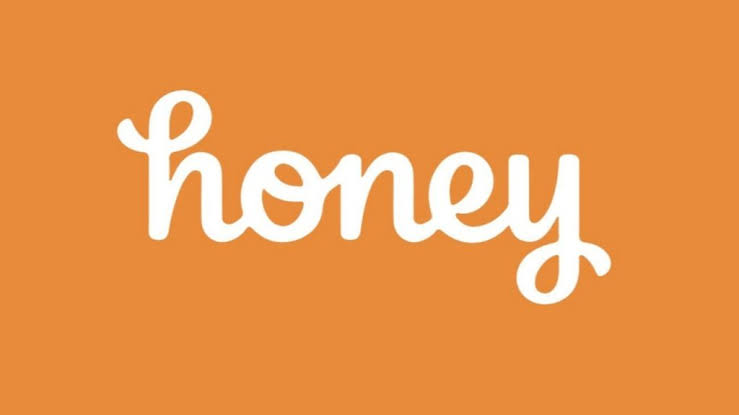Honey Accused of Shady Practices in MegaLag’s Investigation
PayPal’s Honey browser extension, a tool designed to help online shoppers find discounts, is under fire after a new investigation by YouTuber MegaLag. With over 19 million users on Chrome alone, the extension has earned a reputation for simplifying online shopping by automatically suggesting promo codes. However, MegaLag’s video accuses Honey of manipulating deals, blocking better discounts, and stealing affiliate commissions from influencers. These accusations have raised serious concerns among users and creators alike.
MegaLag’s Investigation: Uncovering a Pattern of Misconduct
In a video titled “The Biggest Influencer Scam of All Time,” MegaLag claims that Honey’s actions aren’t just accidental missteps but part of a deliberate strategy to deceive users and exploit affiliate link systems. The YouTuber reveals that his investigation, spanning years, involved reviewing numerous documents, emails, and ads while speaking to affected parties. He argues that Honey’s system intentionally hides better deals from users, redirecting them to worse options for the company’s benefit.
How Honey Is Supposed to Work – And Where It Falls Short
Honey’s core function is simple: it searches for and applies promo codes when a shopper is ready to check out, claiming to find the best available deal. However, MegaLag found that Honey often fails to deliver. In tests across several popular e-commerce sites, the extension either couldn’t find any working codes or applied less effective ones, which were easily outdone by codes MegaLag found through a quick web search. Even more troubling, Honey’s database allegedly misses superior discounts that users can find on their own, leading MegaLag to suspect the company may prioritize commercial partnerships over delivering the best savings.
Hijacking Affiliate Commissions: A Growing Concern
One of the most serious allegations against Honey involves its handling of affiliate links. Many influencers, such as YouTubers, earn commissions when shoppers make purchases through their unique affiliate links. MegaLag claims that Honey sabotages these efforts by replacing affiliate links with its own, ensuring Honey gets credit for the sale instead of the influencer. This happens even if no discounts are applied, and the user goes through the cashback system via PayPal.
In one example cited by MegaLag, Honey intercepted a $35 commission that an influencer would have earned from a NordVPN subscription, leaving the influencer with nothing. The customer, in turn, received just $0.89 as cashback, with Honey pocketing the remainder.
Blocking Discount Codes: Honey’s Control Over Deals
MegaLag also points out that Honey appears to limit which discount codes users can access, based on agreements with retailers. According to Honey’s own FAQs and a podcast designed to promote its services to businesses, Honey may restrict the codes available to users, thereby exerting control over the discounts shoppers can apply. This means that even if a better discount is available elsewhere, users may not be able to access it if Honey is involved.
Honey has long been promoted by high-profile influencers, including figures like MrBeast and Marques Brownlee, through thousands of sponsored videos. Despite its widespread endorsement, the extension has faced criticism before. A Twitter post from 2021 warned users about using Honey with affiliate links to avoid misattribution. Similarly, a former employee of Linus Media Group explained that the company cut ties with Honey in 2022 due to similar concerns about its affiliate link practices.
PayPal’s Response: Defending Honey’s Practices
In response to the allegations, Josh Criscoe, PayPal’s VP of corporate communications, defended Honey, stating that it adheres to “industry rules and practices, including last-click attribution.” He emphasized that Honey helps retailers increase sales and reduce cart abandonment. However, Criscoe did not address the specific concerns regarding limited coupon codes or the interception of affiliate commissions.
What’s Next for Honey?
The release of MegaLag’s video has sparked an outpouring of criticism, with many questioning the integrity of the extension. The YouTuber promises more content exposing Honey’s practices, which could further damage the extension’s credibility. For now, users are left to decide whether they can continue trusting Honey to find the best deals or if it’s better to look for discounts manually.


Comments are closed.